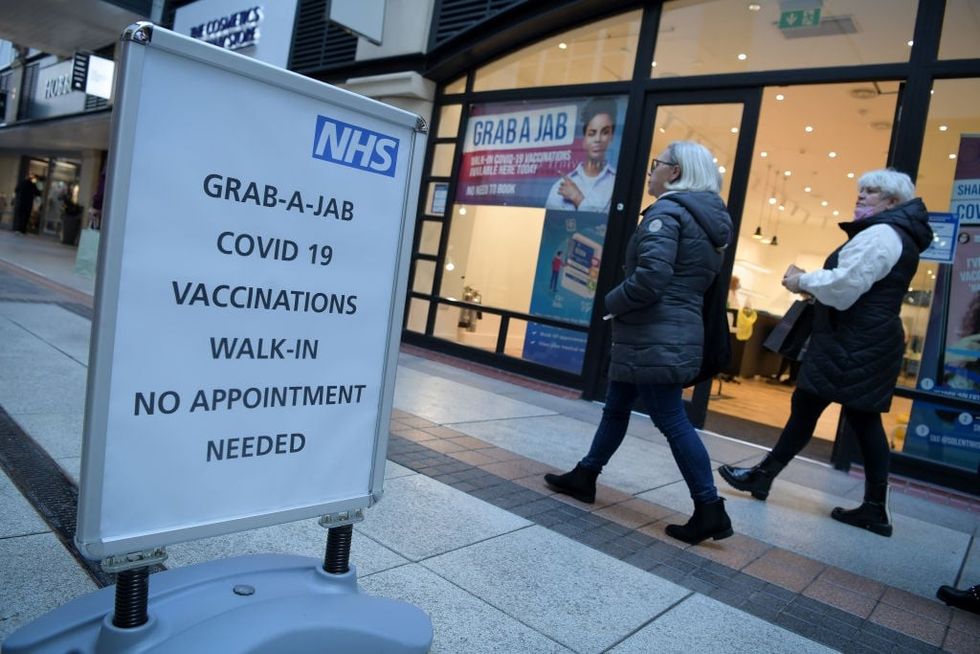A NEW study has revealed that Covid might reverse decades of progress made towards gender equality as women have been hit much harder socially and economically than men, according to a media report.
Published in the Lancet, the research by the Institute for Health Metrics and Evaluation at the University of Washington, examined how gender inequalities have been affected by the many indirect social and economic effects of the pandemic globally, the Guardian reported.
Earlier studies, focused on the direct health impacts of the crisis, said that men have experienced higher rates of Covid cases, hospitalisation and death across the globe.
According to the research, 26 per cent of women reported a loss of work compared with 20 per cent of men globally in September 2021. Also, women and girls are more likely to drop out of school and suffer gender-based violence than men and boys, the Guardian report added.

In education, the largest gender gaps were seen in central Europe, eastern Europe and central Asia where four times more women than men dropped out of education. Among the respondents to the study, 54 per cent of women and 44 per cent of men said that gender-based violence had increased in their community during the pandemic.
“This study provides the first comprehensive global evidence on gender disparities for a wide range of health-related, social and economic indicators throughout the pandemic. The evidence suggests that Covid-19 has tended to exacerbate previously existing social and economic disparities rather than create new inequalities," senior author Prof Emmanuela Gakidou was quoted as saying by the Guardian.
“Society is at a pivotal moment where investment in the empowerment of women and girls is critically needed to ensure that progress towards gender equality does not get stalled or reversed because of the Covid-19 pandemic."
The study analysed publicly available datasets from 193 countries using surveys taken from March 2020 to September 2021 on health and wellbeing during the pandemic.
Dr Luisa Flor, the study’s co-lead author, told the Guardian: “Economic impacts have affected women more than men in some countries because they tend to be employed disproportionately in sectors harder-hit by Covid-19, such as the hospitality industry or as domestic workers. Moreover, gendered social norms in many countries attribute household and childcare responsibilities preferentially to women and reduce their time and ability to engage in paid labour.”
The study further said that the ratio of forgoing paid employment to care for others for women to men was 1.8 in March 2020, which became 2.4 by September 2021. Such increase was reported everywhere except in north Africa and the Middle East.
Commenting on the study, Rosemary Morgan of Johns Hopkins Bloomberg School of Public Health, said that the data will 'reenforce the need for decision-makers to act before it is too late'.




















